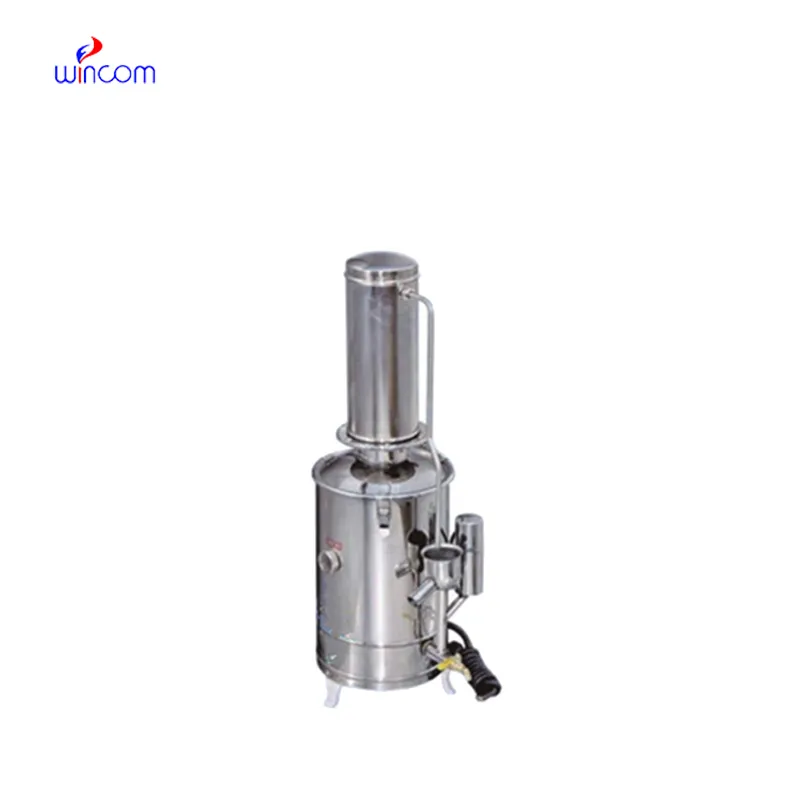
The mri vs ct scan machine takes advantage of the use of high-speed arrays of coils and gradient amplifiers to provide higher spatial resolution. The mri vs ct scan machine facilitates different diagnostic procedures such as brain mapping, musculoskeletal examinations, and vascular imaging. The mri vs ct scan machine offers smooth operation through automated calibration and intrinsic safety monitoring.

The mri vs ct scan machine is being increasingly used throughout research settings within the investigation of brain function, metabolism of organs, and tissue response under varying physiological conditions. The mri vs ct scan machine enables investigators to explore the change of blood flow, oxygenation, and structural integrity. The mri vs ct scan machine is continuing to expand its use within clinical and academic studies worldwide.

The future of the mri vs ct scan machine will be characterized by increased scanning speed and higher image quality through reconstruction facilitated by artificial intelligence. New algorithms will minimize noise levels while maximizing contrast and diagnostic efficacy. Cloud-based image processing will also be a feature of the mri vs ct scan machine, facilitating real-time collaborative efforts and elevated telemedicine integration into global networks.

Routine upkeep and maintenance of the mri vs ct scan machine are essential to ensure safe and dependable operation. Regular checks must be conducted to confirm coil integrity, cooling capacity, and magnetic field stability. The mri vs ct scan machine room must be suitably maintained, temperature-controlled, and metal object-free to prevent magnetic interference as well as equipment damage.
The mri vs ct scan machine is a very sophisticated medical imaging device that employs powerful magnetic fields and radio waves to create accurate images of the body's internal organs. It is employed widely to scan the brain, spine, joints, and soft tissues without exposing patients to radiation. The mri vs ct scan machine provides high-contrast images to allow physicians to detect tumors, injuries, and neurological diseases with very high accuracy.
Q: What should patients avoid before an MRI scan? A: Patients should avoid wearing metal objects, such as jewelry, watches, or hairpins, as these can interfere with the MRI machine's magnetic field. Q: How does MRI help in brain imaging? A: MRI provides detailed views of brain structures, helping detect conditions such as tumors, aneurysms, multiple sclerosis, and stroke-related damage. Q: Can MRI scans be performed on children? A: Yes, MRI is safe for children since it doesn’t use radiation. In some cases, mild sedation may be used to help young patients remain still during scanning. Q: What is functional MRI (fMRI)? A: Functional MRI measures brain activity by detecting changes in blood flow, allowing researchers and doctors to study brain function and neural connectivity. Q: How are MRI images interpreted? A: Radiologists analyze the images produced by the MRI machine to identify abnormalities, tissue differences, or structural changes that are relevant to the diagnosis.
This x-ray machine is reliable and easy to operate. Our technicians appreciate how quickly it processes scans, saving valuable time during busy patient hours.
We’ve been using this mri machine for several months, and the image clarity is excellent. It’s reliable and easy for our team to operate.
To protect the privacy of our buyers, only public service email domains like Gmail, Yahoo, and MSN will be displayed. Additionally, only a limited portion of the inquiry content will be shown.
Hello, I’m interested in your centrifuge models for laboratory use. Could you please send me more ...
We’re currently sourcing an ultrasound scanner for hospital use. Please send product specification...
E-mail: [email protected]
Tel: +86-731-84176622
+86-731-84136655
Address: Rm.1507,Xinsancheng Plaza. No.58, Renmin Road(E),Changsha,Hunan,China